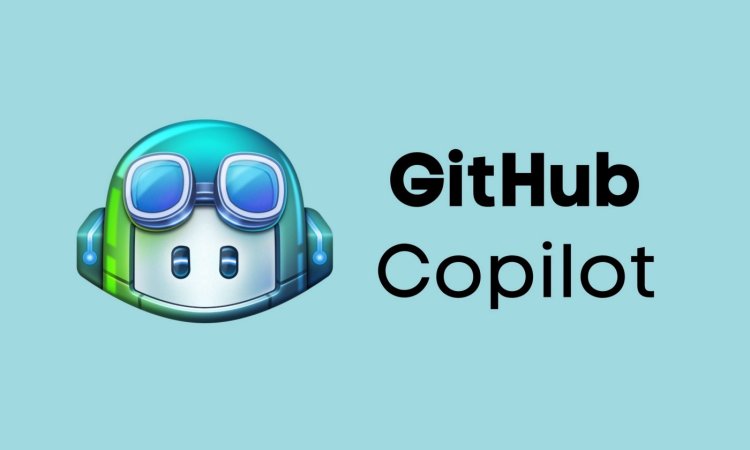Why Developers Are Moving Away from GitHub Copilot
Learn why developers are turning away from GitHub Copilot due to inaccurate code suggestions, workflow interruptions, and legal concerns. Discover alternative tools and the future of AI in software development.

GitHub Copilot, launched with much anticipation, promised to revolutionize the coding experience by leveraging AI to assist developers with real-time code suggestions. However, as more developers have integrated Copilot into their workflows, several significant challenges have emerged, leading to growing dissatisfaction within the developer community.
Inaccurate Code Suggestions: One of the primary issues developers face with GitHub Copilot is the frequency of inaccurate or irrelevant code suggestions. While the AI is designed to predict and complete code, its outputs are often not contextually appropriate, leading to potential errors in the codebase. These inaccuracies require developers to spend additional time correcting or rewriting code, ultimately slowing down the development process rather than speeding it up.
Disruptions in Workflow: The promise of an AI-driven assistant like Copilot is to streamline the coding process, but many developers report that it often has the opposite effect. Instead of enhancing productivity, Copilot’s frequent interruptions can disrupt the natural coding flow. The constant need to review and verify Copilot's suggestions can lead to frustration, particularly when working on complex projects that require deep concentration and continuity.
Legal and Ethical Concerns: Beyond the technical issues, GitHub Copilot has raised significant legal and ethical questions. Since Copilot generates code based on patterns learned from publicly available repositories, there is concern that it may inadvertently produce code snippets that are too similar to copyrighted material. This has led to fears of potential legal repercussions for developers who unknowingly integrate such code into their projects, especially in open-source environments where code transparency is critical.
Exploring Alternatives: In response to these challenges, developers are increasingly exploring alternative tools that offer more reliable support without the associated risks. Tools that allow for better control over code quality and provide unobtrusive assistance are becoming more popular. These alternatives, while perhaps less flashy than Copilot, are valued for their ability to integrate seamlessly into existing workflows, supporting rather than hindering the coding process. Companies like Dekode offer specialized services and tools that help developers maintain control over their codebase while enhancing productivity, ensuring that coding efficiency is not compromised by disruptive AI suggestions.
The Future of AI in Development: While GitHub Copilot’s challenges have highlighted the current limitations of AI in software development, it has also sparked important discussions about the role of AI in coding. The experiences of developers with Copilot are likely to influence the future development of AI tools, with an emphasis on improving accuracy, minimizing disruptions, and addressing legal and ethical concerns.
As the field of AI-assisted coding continues to evolve, developers will need to weigh the benefits and drawbacks of such tools carefully, balancing innovation with practicality to ensure that their workflows remain efficient and legally sound.













